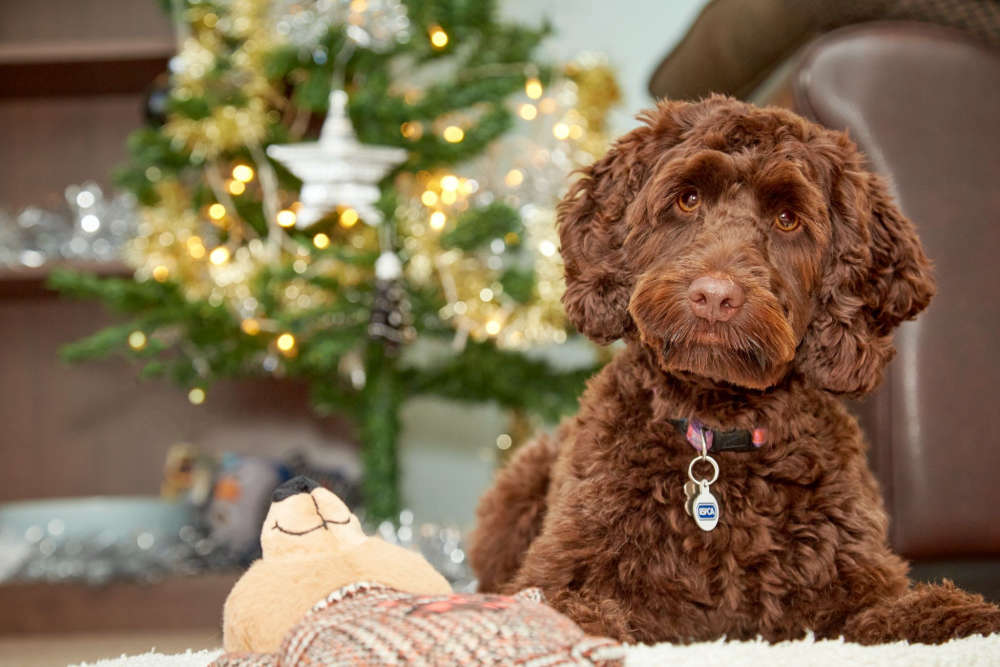
Christmas is a time for fun and family; and our furry friends are a big part of that.
But it’s really important to keep your pets happy, healthy and safe during the festive season too.
With that in mind, the RSPCA has listed seven things you didn’t know were dangerous that could be hazardous to your pet this Christmas.
Chocolate tree decorations
Most owners know chocolate is toxic to their pets; but chocolate tree decorations can sometimes be overlooked. When you’re decorating your tree, avoid hanging chocolate decorations and, instead, pop the family’s sweet treats somewhere safe and out of your pets’ reach.
Tinsel and wrapping paper
Tinsel and wrapping paper might be tempting for your pet to play with, but make sure they don’t eat it! Cardboard boxes can be great fun for our pets, however, and you could use leftover boxes from presents to make your cat a special castle!
Festive bakes
We all love a Christmas pudding and tasty cake over the holidays but did you know some of the popular ingredients can be incredibly dangerous to your four-legged friends? Raisins, currants and sultanas - commonly added to festive bakes - are poisonous along with additive xylitol.
Plants
Festive plants such as poinsettias, holly, ivy and mistletoe can be toxic to pets. Lilies can be very dangerous for cats.
Cooked bones and leftovers
Never feed dogs or cats cooked bones as these can splinter and cause internal injuries. Onions, leeks and garlic can also be toxic to pets. Leftover pigs in blankets, gravy and stuffing shouldn’t be fed to pets due to their high salt content but other parts of the Christmas dinner can be fed as treats if you have leftovers; such as small amounts of cooked turkey and carrots (dogs).
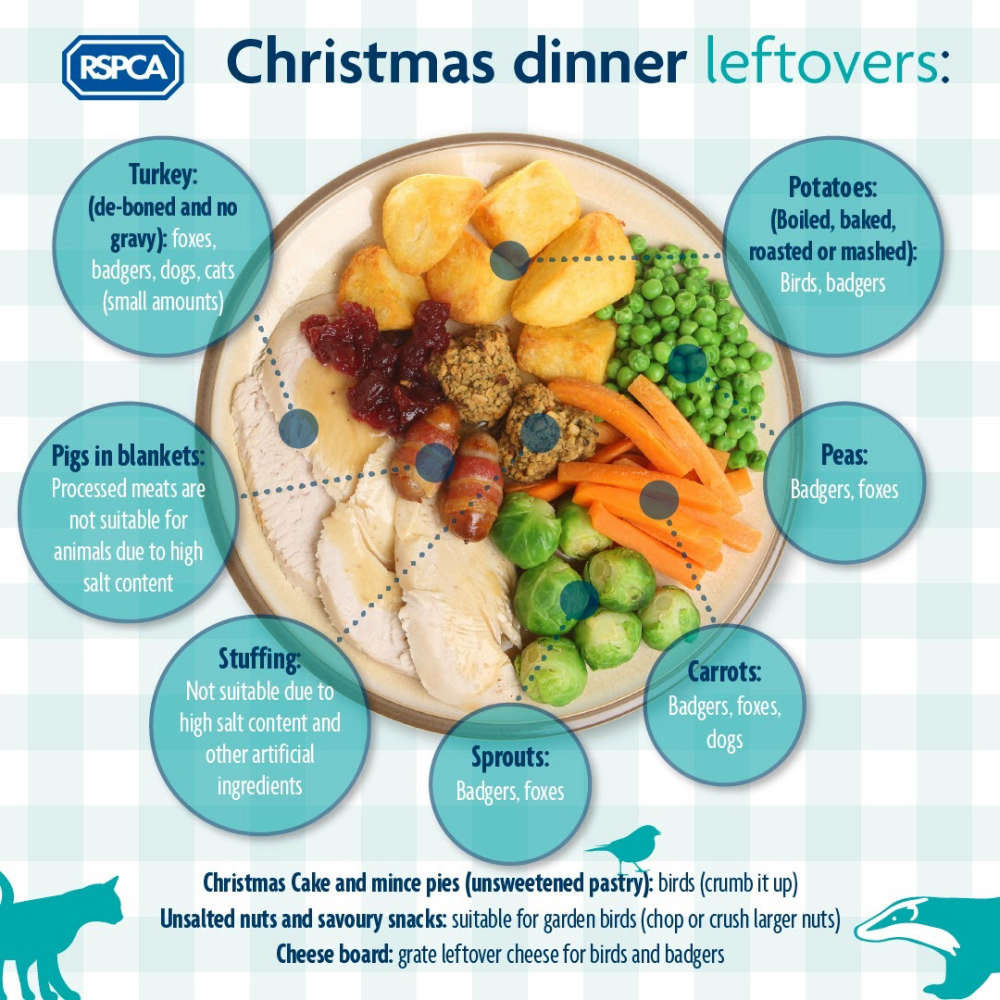
Alcohol
You should never give your pet alcohol as this could make them sick.
Silica gel
Small sachets of silica gel are often found in packaging and may be inside Christmas presents. The gel can cause your pet stomach upset if ingested.
Plan ahead this Christmas
RSPCA pet welfare expert Dr Samantha Gaines said:
“Always ensure you have plenty of food and medication for the holiday season - when shops may be shut, and know contact details for your nearest emergency vets in case you need help.
“Remember, the RSPCA is open 365 days a year and we’ll be working over Christmas to help in emergencies.
"We’re asking people to Join the Rescue this Christmas to help bring animals to safety. Please call us on 0300 1234 999 for advice over the festive season.”
To Join the Christmas Rescue and help RSPCA rescuers be there for the animals in need this winter, visit www.rspca.org.uk/rescuexmas.

 It’s a Dog’s Life: Let it Snow... Somewhere Else
It’s a Dog’s Life: Let it Snow... Somewhere Else
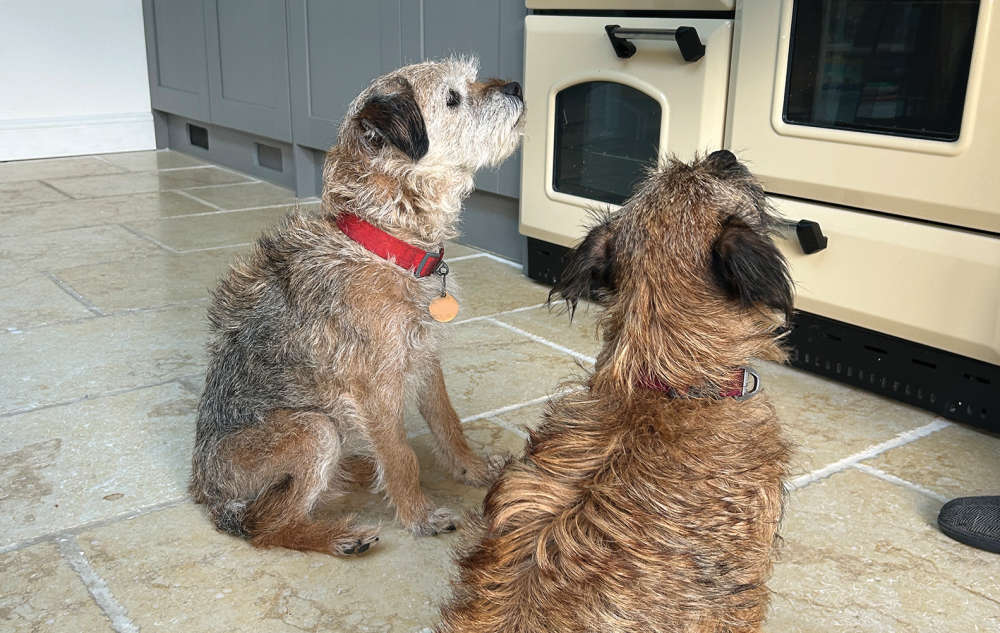 It's a Dog's Life: Foods are Seasonal, Treats are Perennial
It's a Dog's Life: Foods are Seasonal, Treats are Perennial
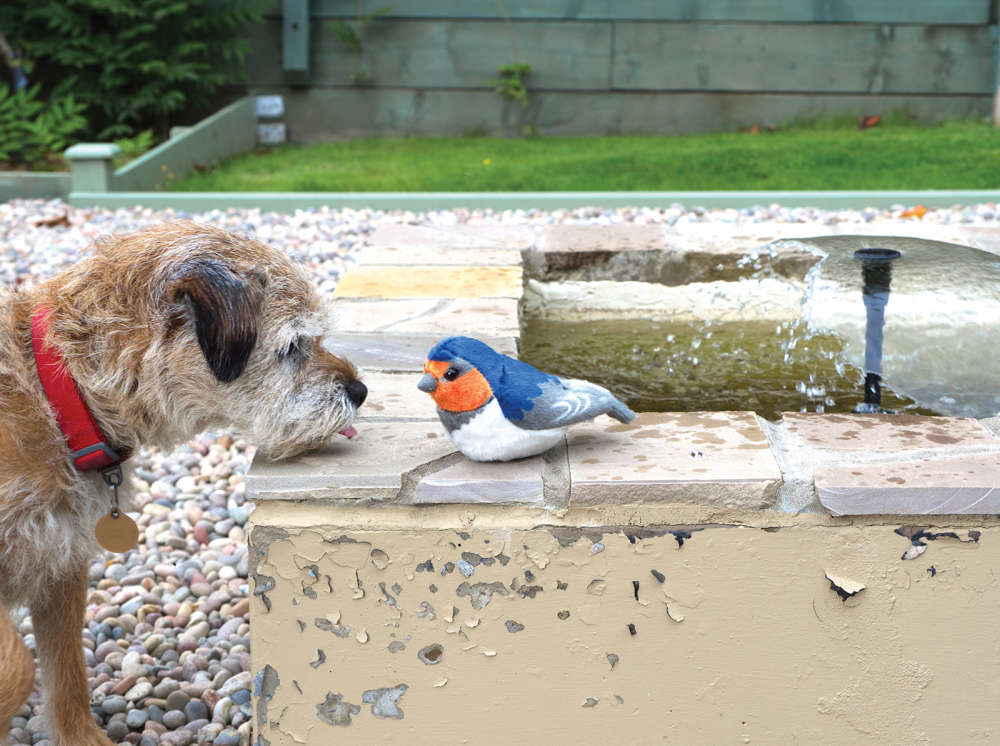 It's a Dog's Life: World Animal Day
It's a Dog's Life: World Animal Day
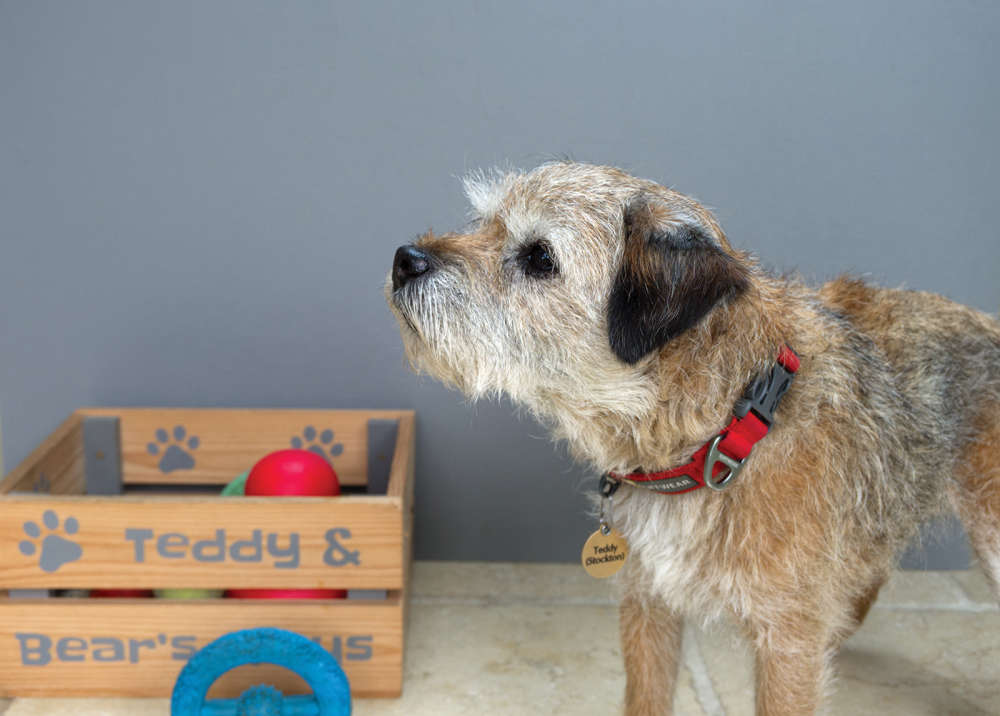 It's A Dog's Life: Never Assume...
It's A Dog's Life: Never Assume...
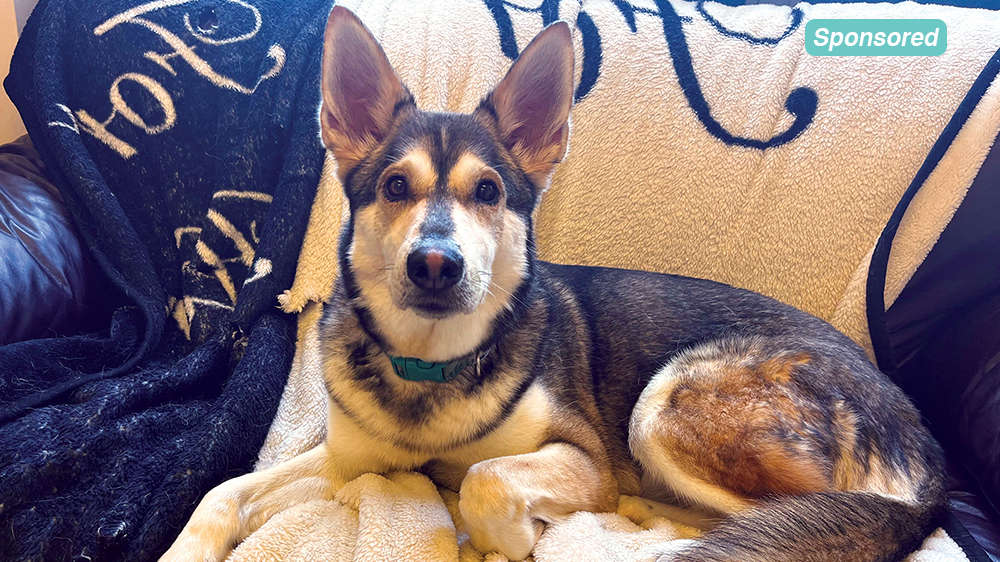 Fostering Happiness at Raystede
Fostering Happiness at Raystede
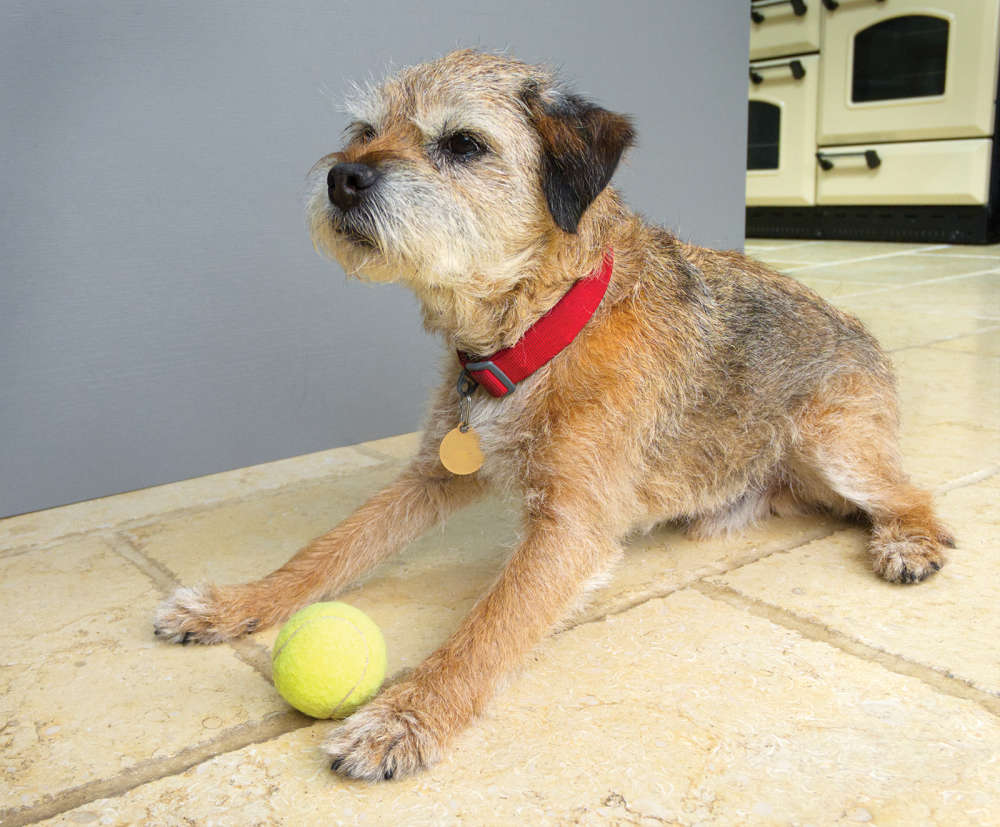 It's a Dog's Life: Why So Much Sport?
It's a Dog's Life: Why So Much Sport?
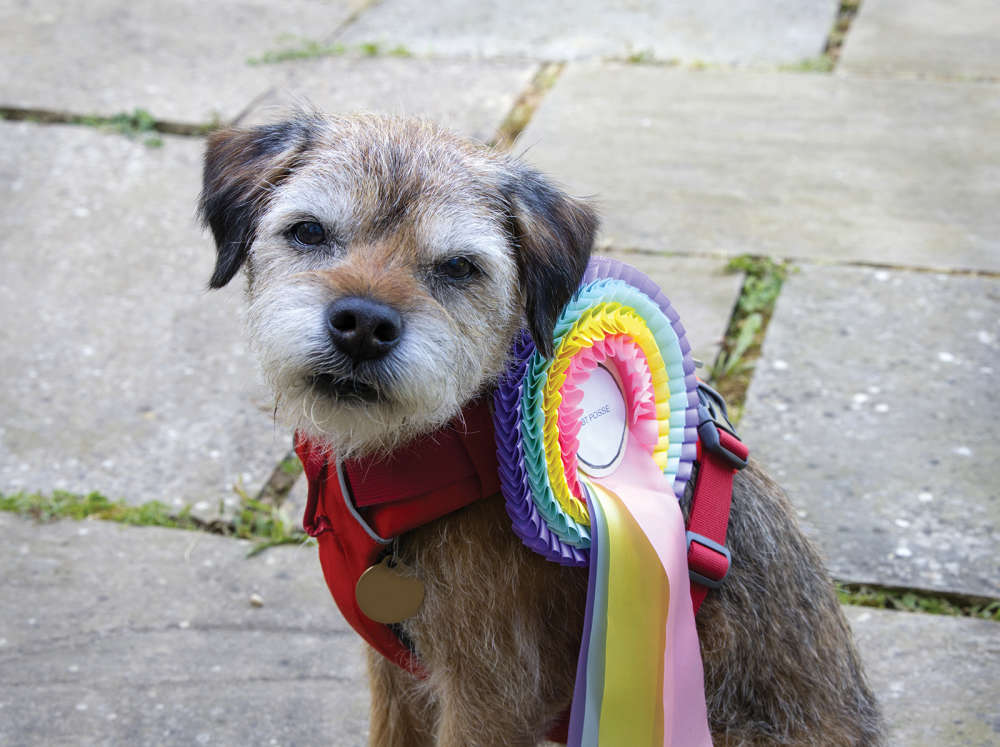 It's a Dog's Life: A Partly Political Broadcast
It's a Dog's Life: A Partly Political Broadcast
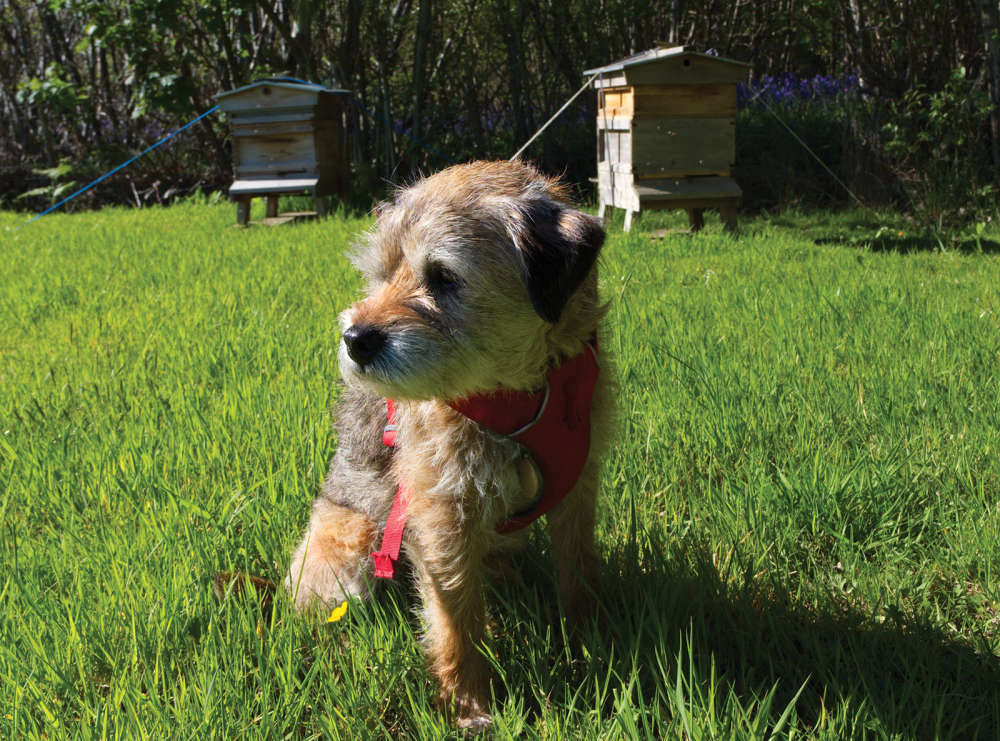 It's a Dog's Life: Our Hobbies are Not the Same
It's a Dog's Life: Our Hobbies are Not the Same
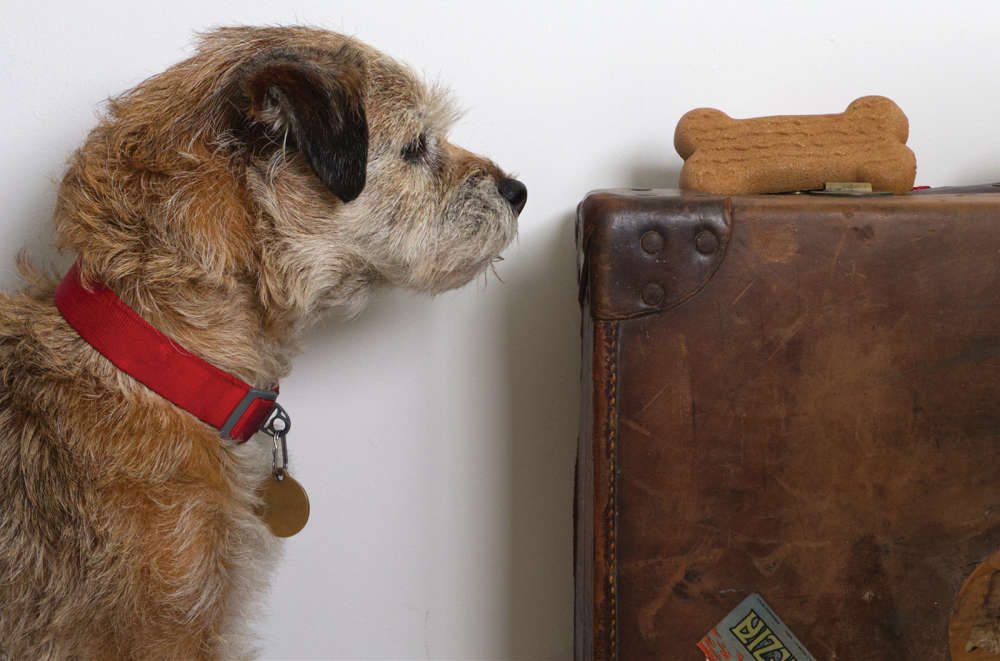 It's a Dog's Life: Our Currency is Biscuits
It's a Dog's Life: Our Currency is Biscuits
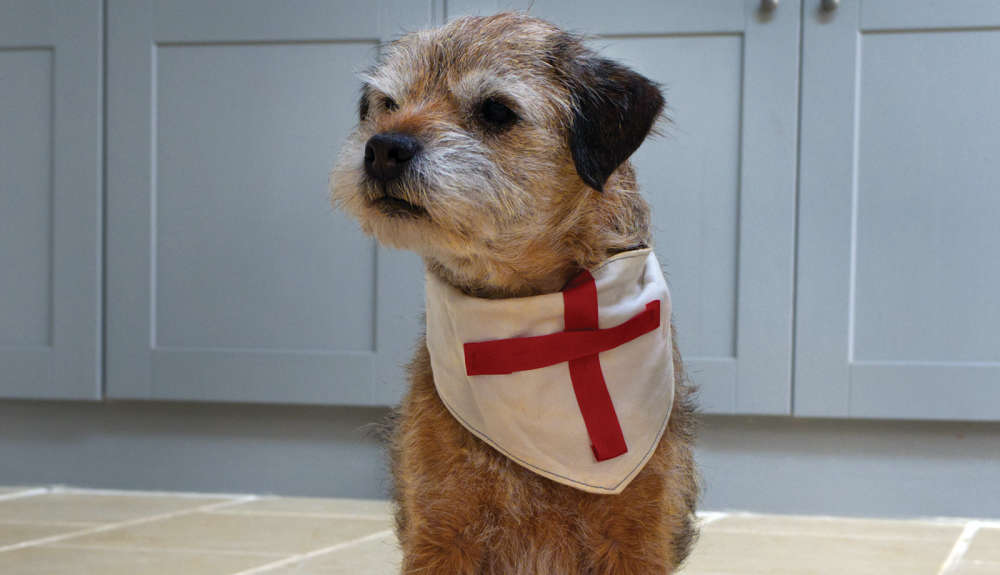 It's a Dog's Life: Teddy & the Dragon
It's a Dog's Life: Teddy & the Dragon
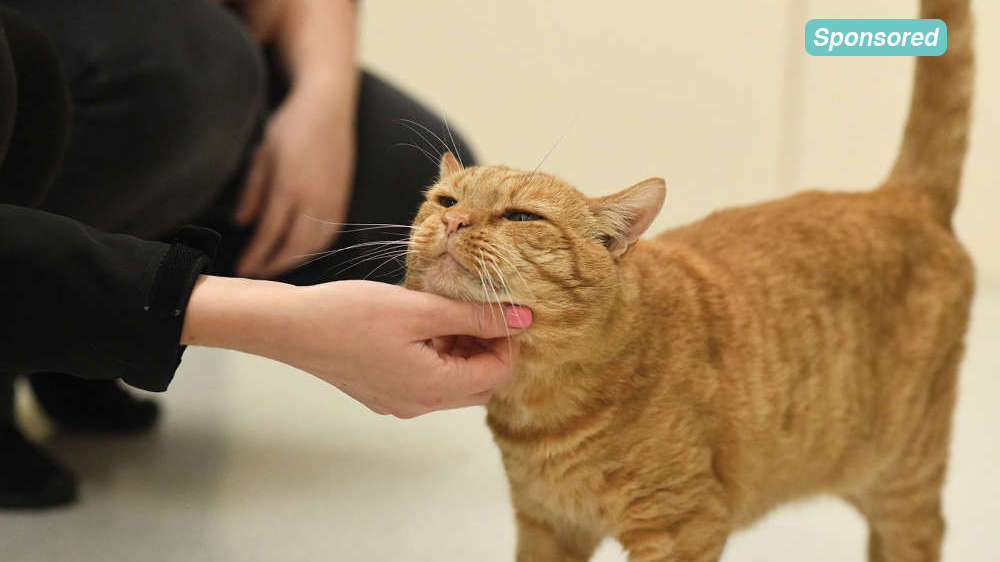 Paws for a Cause
Paws for a Cause
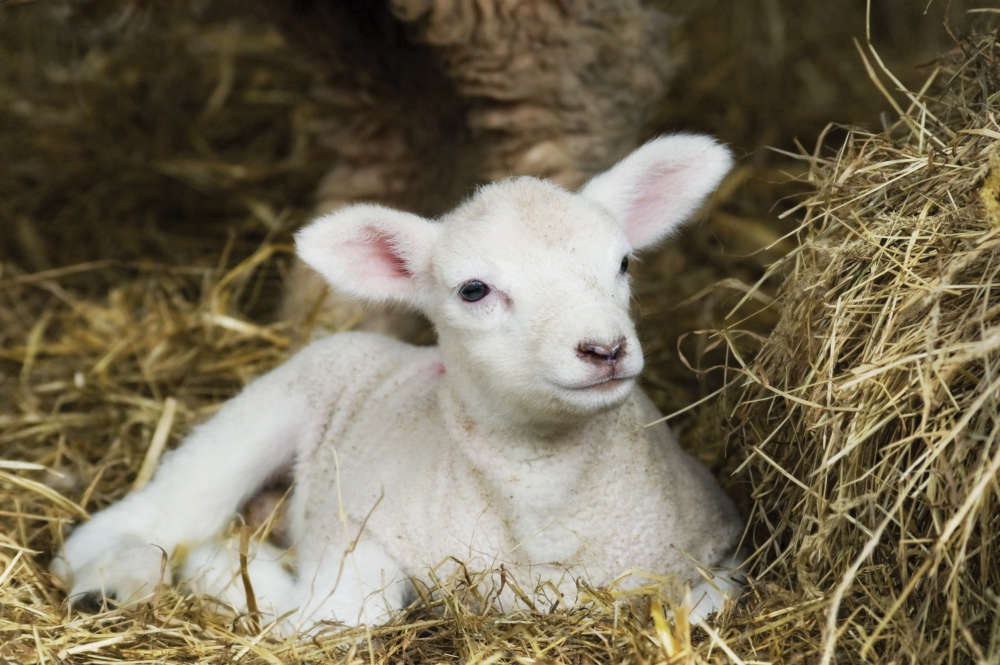 Kids Zone: Lambing in Spring
Kids Zone: Lambing in Spring
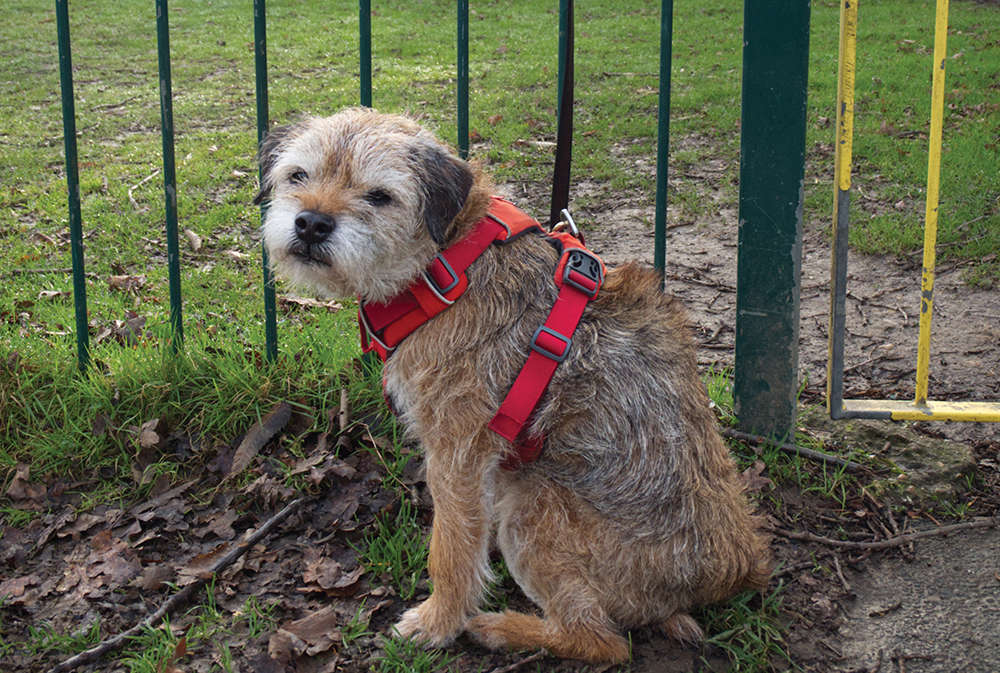 It's a Dog's Life: Access Denied
It's a Dog's Life: Access Denied
 It's a Dog's Life: February is not just for Pancakes
It's a Dog's Life: February is not just for Pancakes
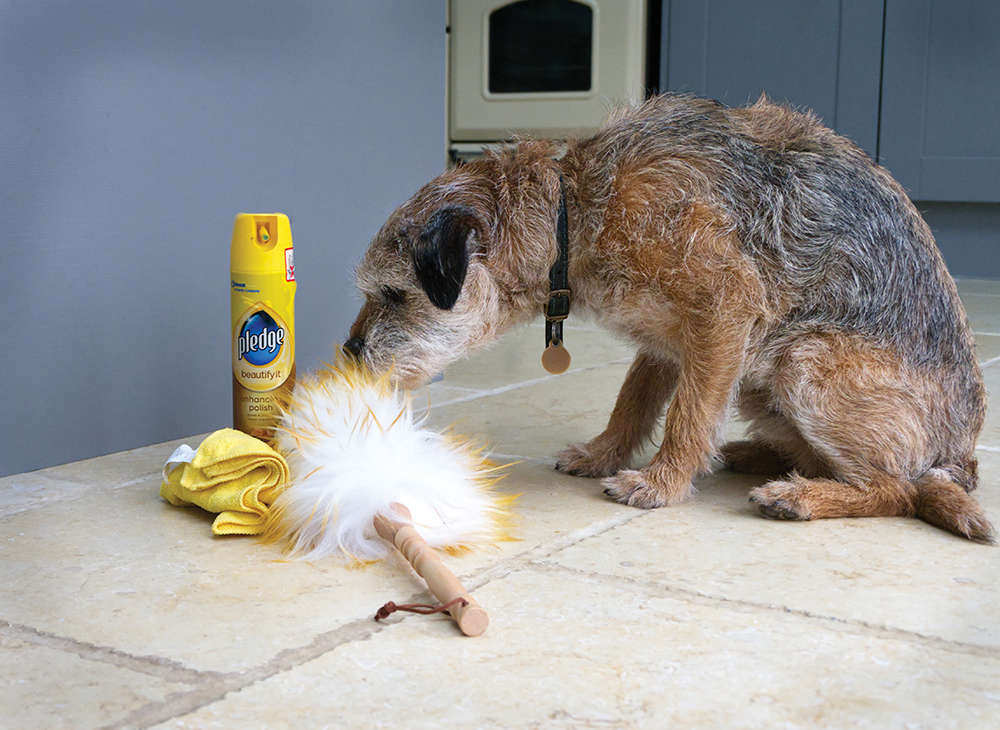 It's a Dog's Life: Cleaning Up
It's a Dog's Life: Cleaning Up
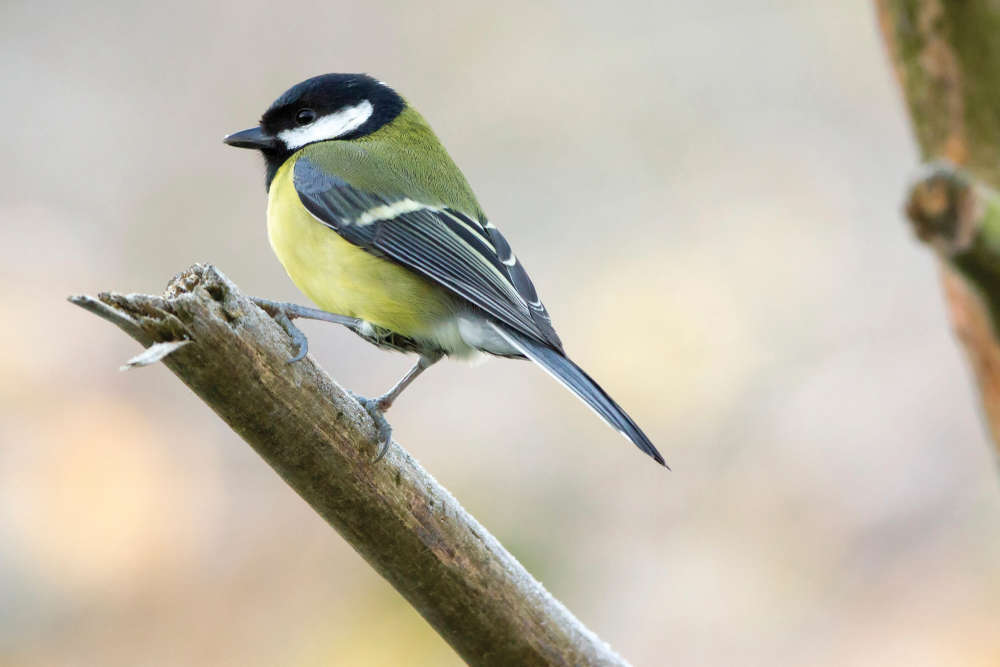 Top 10 Garden Birds to spot in Sussex
Top 10 Garden Birds to spot in Sussex
 Top Tips: Keep Your Pets Safe this Bonfire Night
Top Tips: Keep Your Pets Safe this Bonfire Night
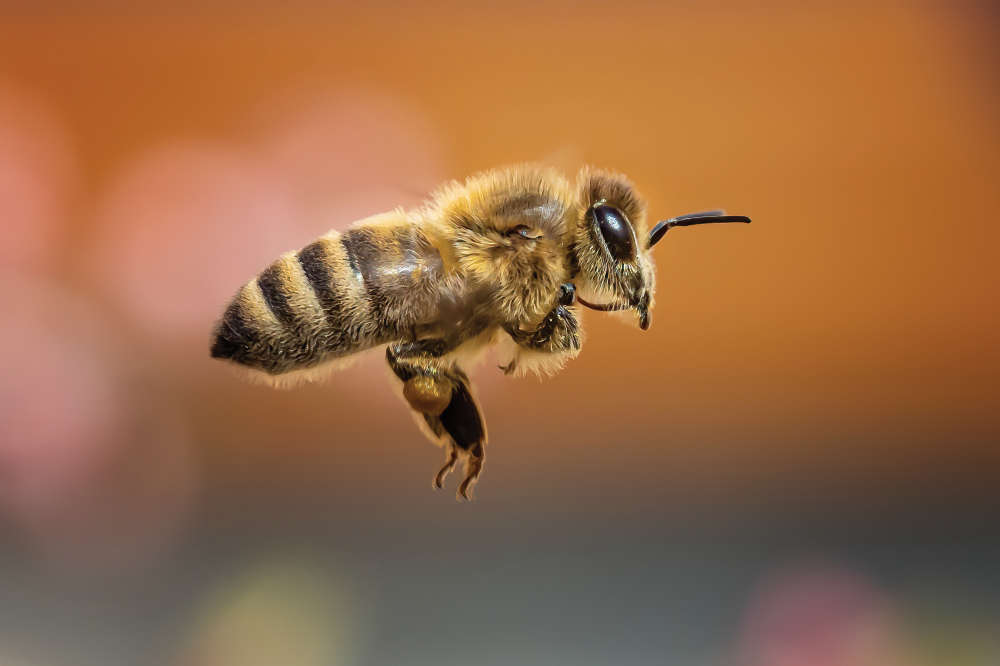 Advertising Feature: Plan Bee
Advertising Feature: Plan Bee
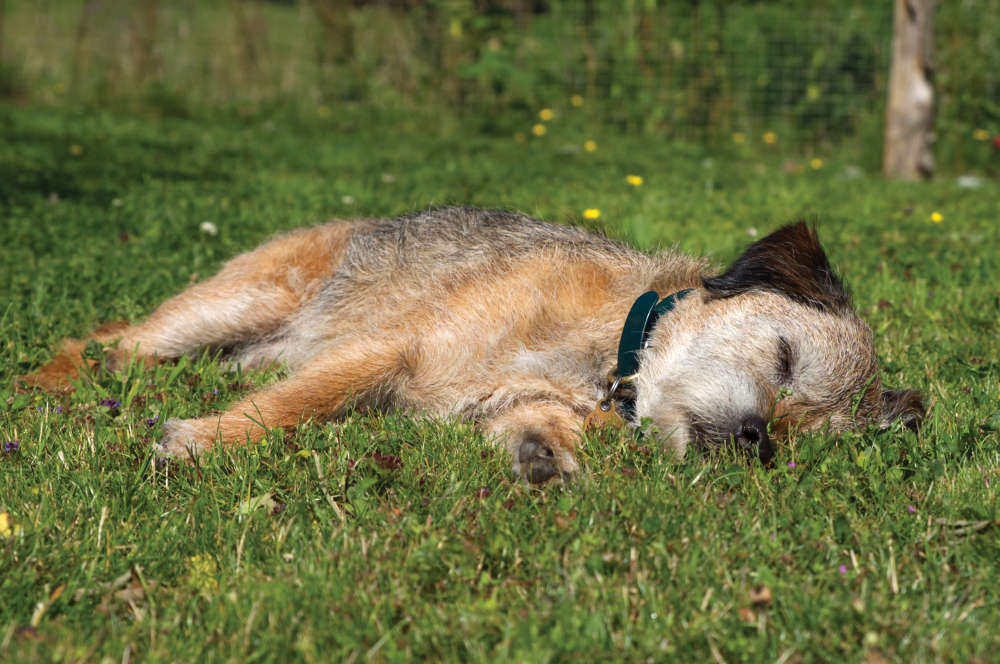 It’s a Dog’s Life - The Quiet Life
It’s a Dog’s Life - The Quiet Life
 What should you be looking out for in your Sussex Garden this Summer?
What should you be looking out for in your Sussex Garden this Summer?